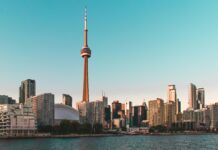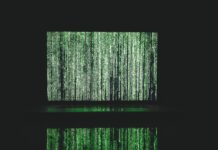Before joining the Department of Anthropology as a professor at the University of British Columbia, Wade Davis spent 15 years with National Geographic. With multiple best-selling and award-winning books on culture, and a portfolio of stunning photographs, it’s easy to see why this professional speaker calls himself a storyteller. Having traveled the world, Davis has come back home to Canada knowing that each culture defines a unique way to be human and alive.
We now know that all human beings are related. Genetics has proven that we all share common ancestry. Over time, many cultures have thrived, but in modern society, there is pressure to conform.
“You know, the curse of humanity is cultural myopia,” says Davis. “It has haunted us since the dawn of consciousness. It’s the idea that I’m the real world and you’re a crude facsimile of me. Every culture shares this. If you look at the name from most indigenous people, it translates as the people. The implication is that when you look upon the hill, are savages beyond the pale.”
Sadly, we are living at a time when many cultures are fading. Within a generation, half of all human languages could be lost. Language is about more than just words and grammar. Language is an important vehicle that conveys a way of thinking and the heart of a culture, and represents a connection to our intellectual, social, and spiritual legacy. But Davis knows that this loss does not have to happen.
“We are at this literal cusp in history where we could be losing half of our legacy, but that does not have to happen,” says Davis. “These cultures aren’t destined to fade away, as if by natural law. In every case they have been driven out of existence by identifiable forces and that’s actually an optimistic observation because if human beings are the agents of cultural destruction, we can be the facilitators of cultural survival.”







































